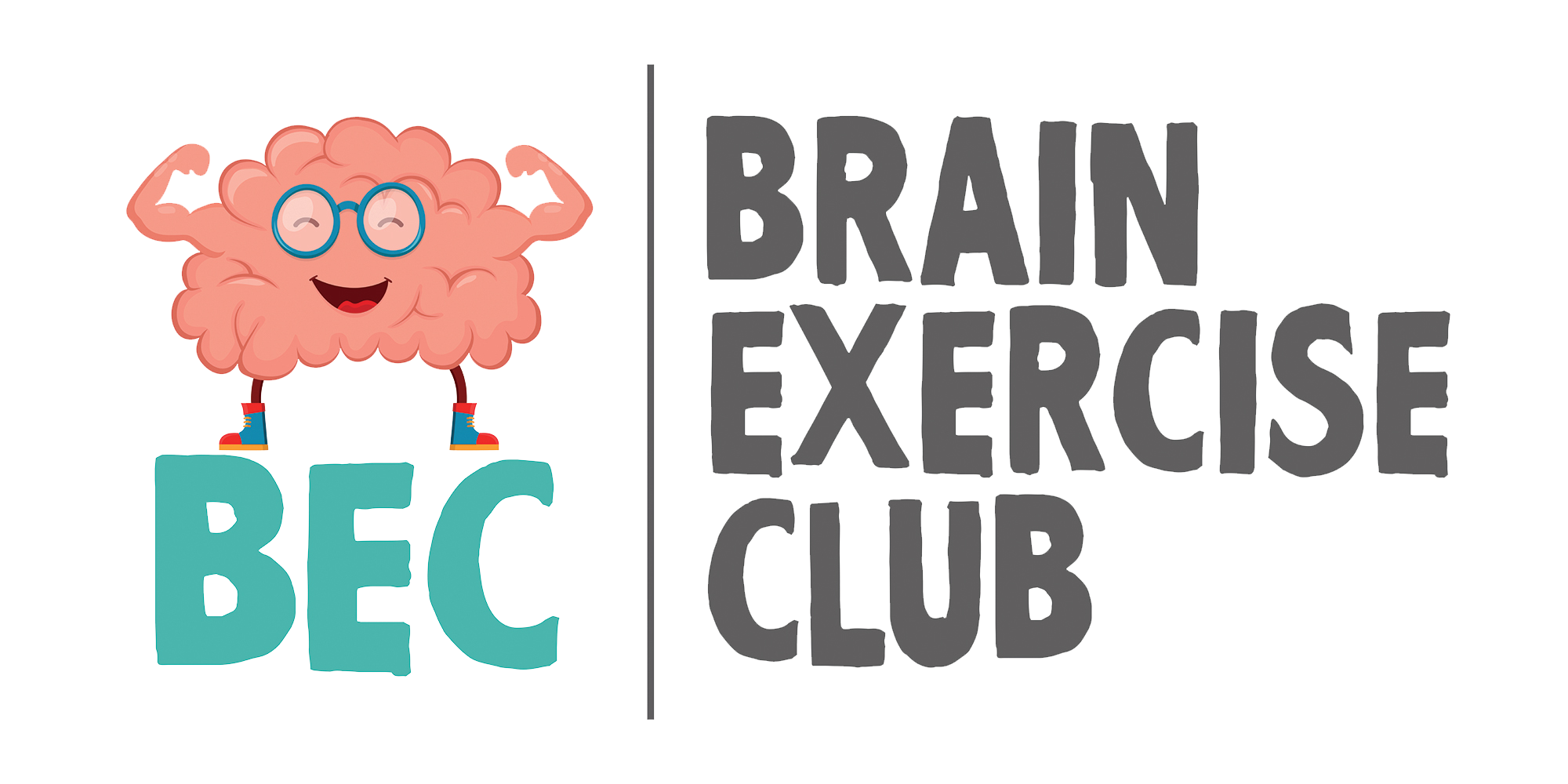
Root Cause of Reading Struggles
- Posted by brainexerciseclub
- Categories Articles
- Date October 6, 2023
For a significant period, there was a prevailing belief that dyslexia primarily revolved around visual processing issues. It was commonly assumed that dyslexic individuals perceived letters in a reversed or disordered manner. However, our understanding of this condition has evolved, revealing that the fundamental basis of dyslexia and other reading disorders lies in challenges related to auditory processing.
Understanding Auditory Processing
Auditory processing refers to the brain’s capacity to accurately perceive and effectively manipulate auditory information. In the context of reading, auditory processing encompasses the ability to associate sounds with written symbols (such as letters) in words, as well as the capability to appropriately blend, segment, and identify patterns within words, effectively “hearing” them within the mind.
The Foundation of Reading Lies in Phonemic Awareness and Robust Auditory Processing
Dyslexic individuals frequently confuse sounds not because they perceive them in the same way visually but because they struggle to discern the differences auditorily. This difficulty can lead to the apparent reversal of words (for example, “god” and “dog”) or the substitution of letters (as in “big” and “pig”).
The reading process within your brain unfolds as follows:
1. It receives visual cues (letters).
2. It assigns a sound to each letter.
3. It manipulates and blends these sounds.
4. It forms the complete word.
5. It connects that word with the brain’s center for understanding meaning.
Dyslexic learners encounter challenges within this sequence, but it all initiates with auditory processing—how they perceive auditory input and the subsequent processing within their brains.
Distinguishing Between Auditory Processing Disorder (APD) and Dyslexia
Auditory Processing Disorder (APD) and dyslexia often co-occur because they can exacerbate each other’s effects. Individuals with APD find it difficult to differentiate between distinct sounds, making accurate spelling and word recognition nearly impossible. Similarly, dyslexic learners encounter difficulties in manipulating sounds and words, further impeding their ability to discern these auditory distinctions.
Regardless of whether a child grapples with one or both of these conditions, the outcome remains largely the same: challenges with reading, spelling, speech, and even broader life skills such as following multi-step instructions and memory retention.
Enhancing Auditory Processing Skills to Facilitate Reading
When it comes to assisting individuals with dyslexia or APD in becoming proficient readers, the initial priority is to strengthen auditory processing skills. It’s crucial to understand that while this task may be more challenging for these learners, it is by no means insurmountable.
Our advanced reading program has been provided to numerous individuals affected by dyslexia and other reading disorders. The results have demonstrated remarkable improvements, with auditory processing abilities showing enhancement by more than five years.
The goal of training the dyslexic brain to read more effectively is not centered on correcting their visual perception but rather on enabling them to accurately process and manipulate sounds within words.
You may also like

Essential Skills for Children to Thrive in Kindergarten and Beyond

Positive Reinforcement for the ADHD Brain

